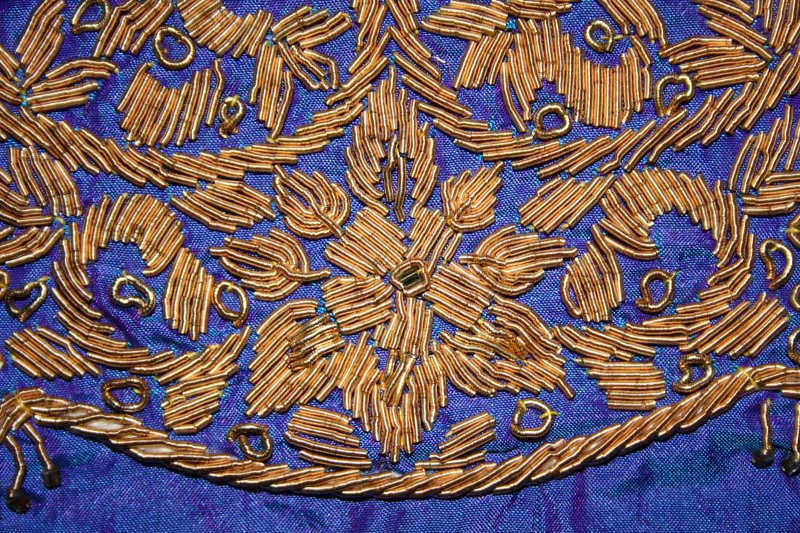===
0711,
1
===

=== |
 |
tīrah : 'Obscure, dark, black'. (Platts p.351)
qiblah : 'Anything opposite;—that part to which Muslims turn their faces when at prayer; the temple of the Kaʻba in Mecca; Mecca;—an altar, a temple; an object of veneration or reverence'. (Platts p.788)
ḳhīrah : 'Obscure, dark... ; vain; head-strong, froward; —dazzled; stupefied; astonished, confounded'. (Platts p.498)
FWP:
SETS
MOTIFS == WINE
NAMES == KA'BAH
TERMS == RHYMECloudy days evoke the monsoon season, the romantic and sensuous time in South Asian literature. Dark clouds, in particular, are thus considered to be suggestive incitements to wine-drinking, as well as to other sensory pleasures.
Thanks to the versatility of the kī , the relish could be either 'for' a future intoxication, or 'of' a present intoxication that is enhanced by the dizzying, entrancing darkness and depth of the clouds.